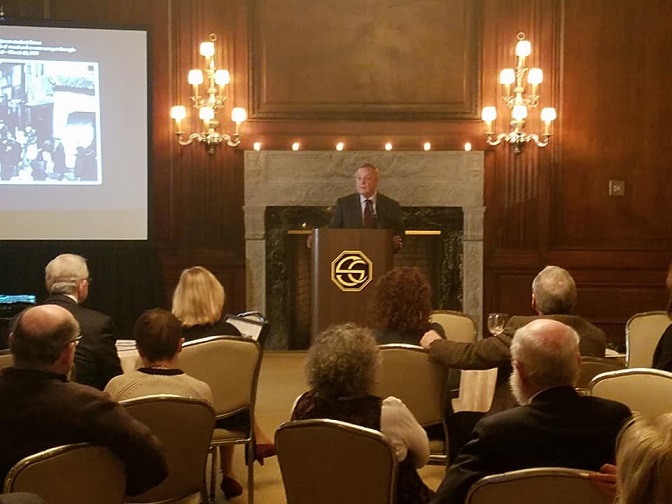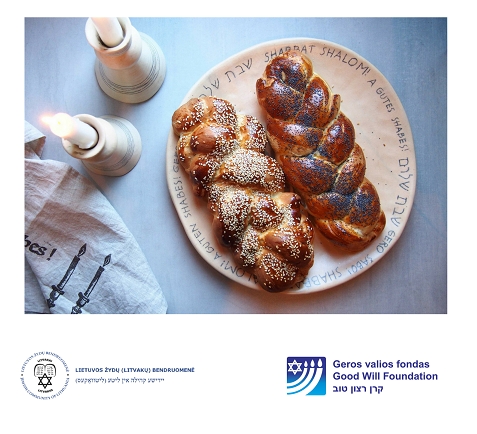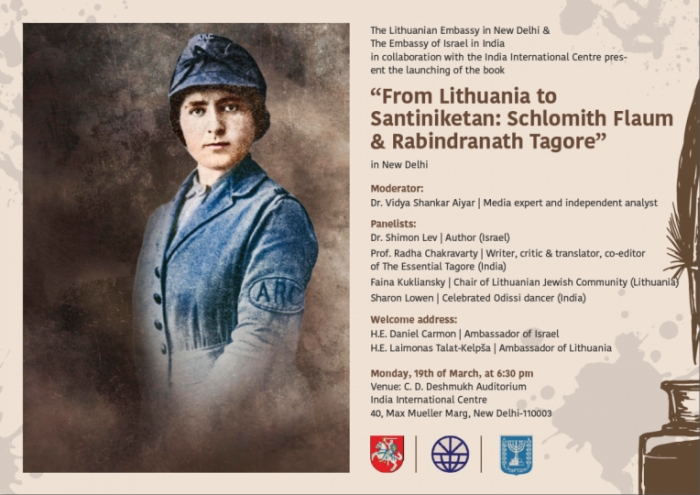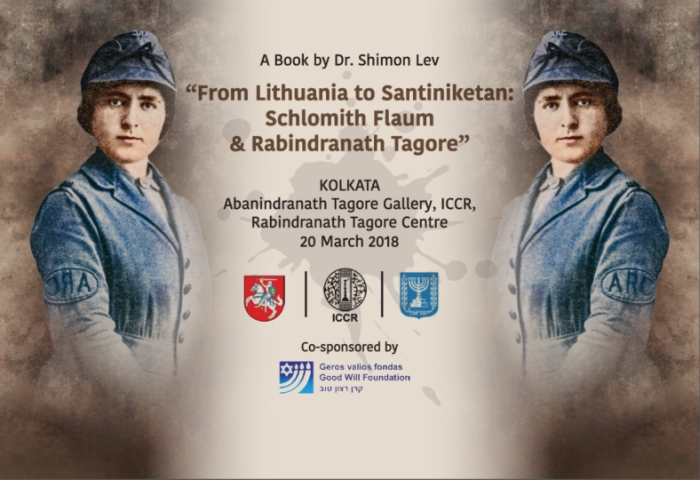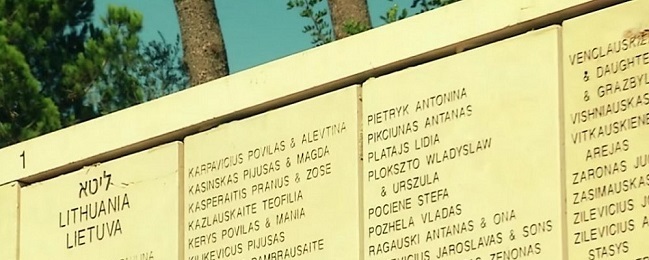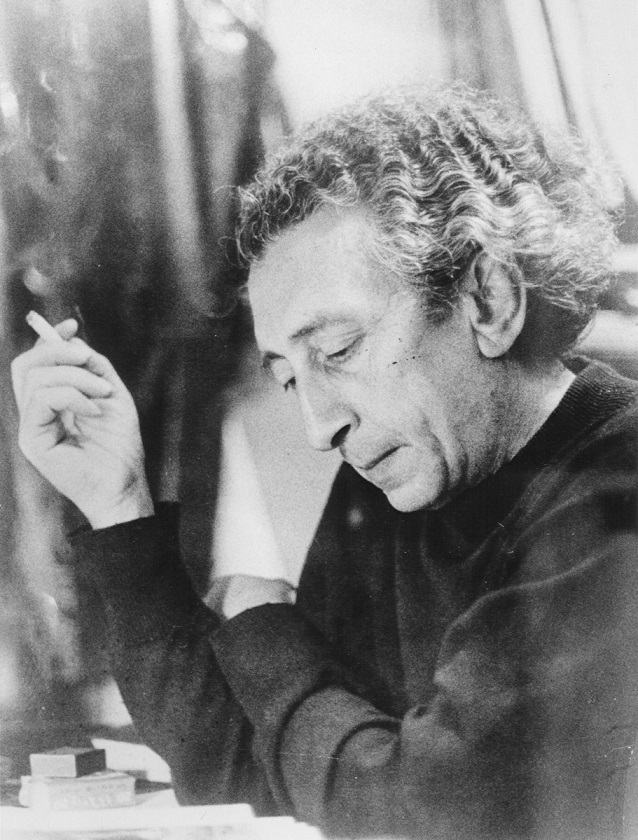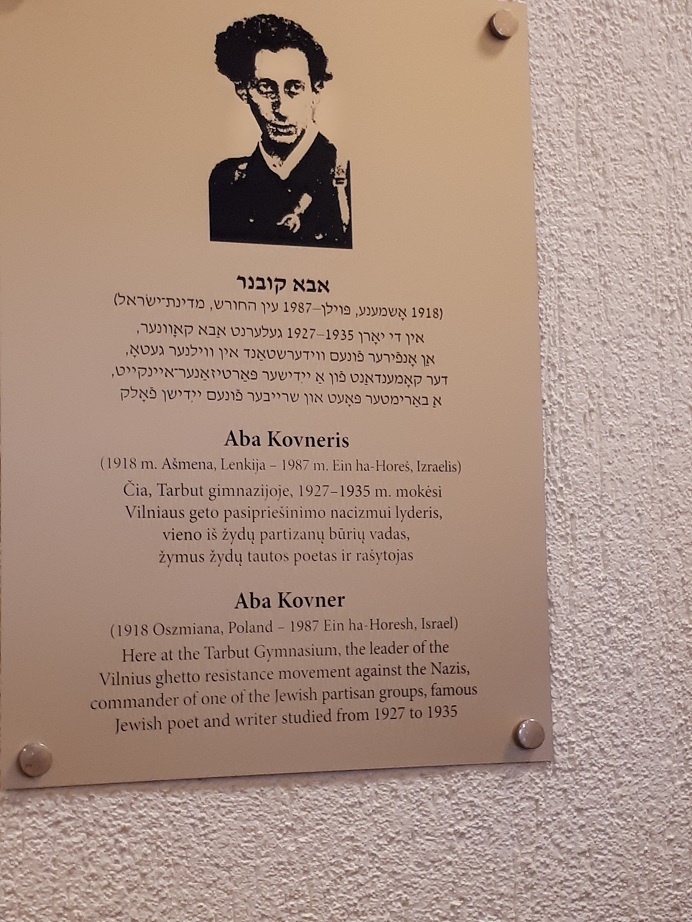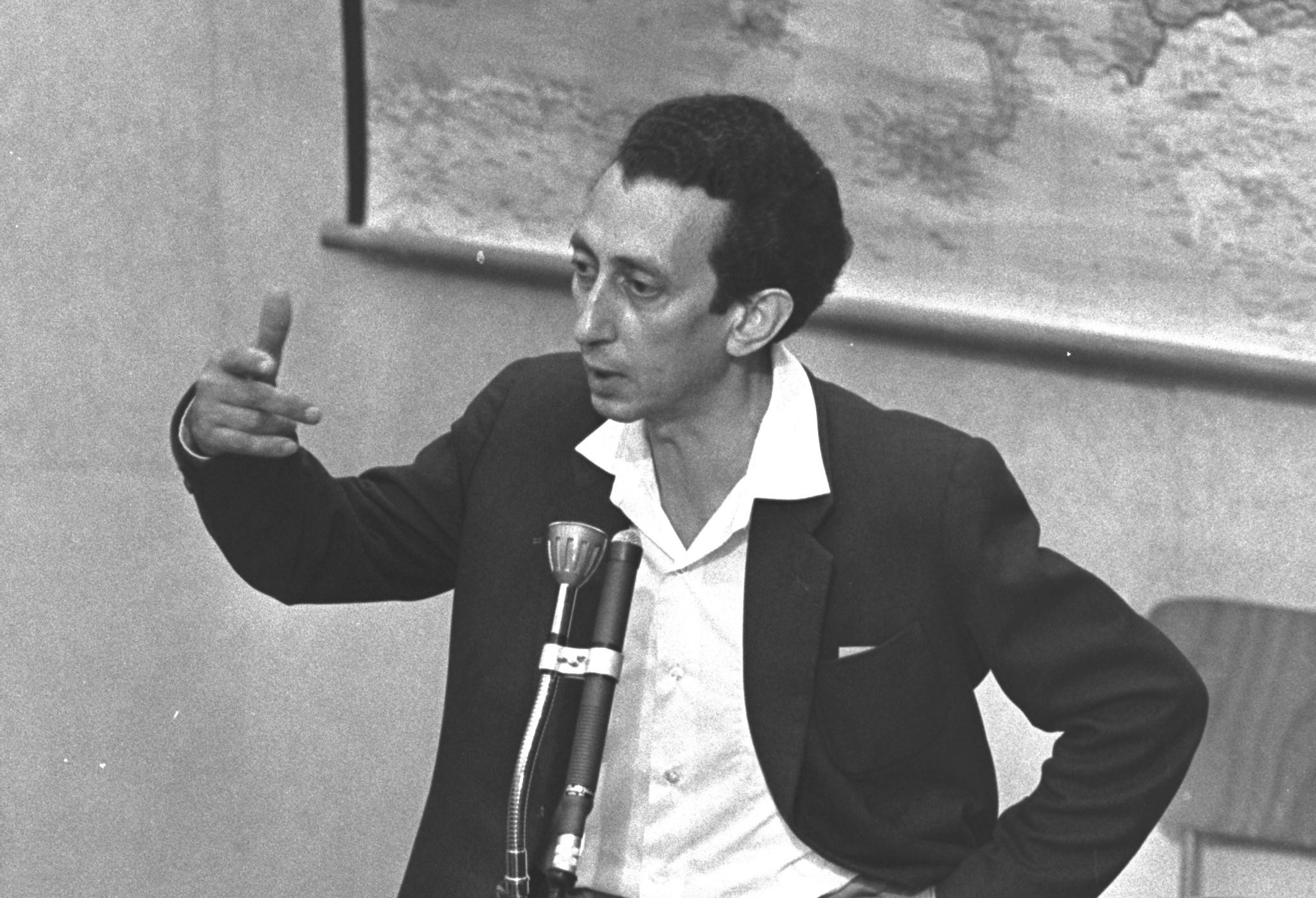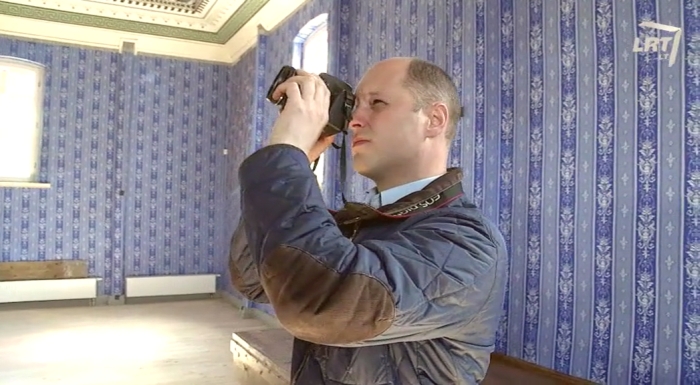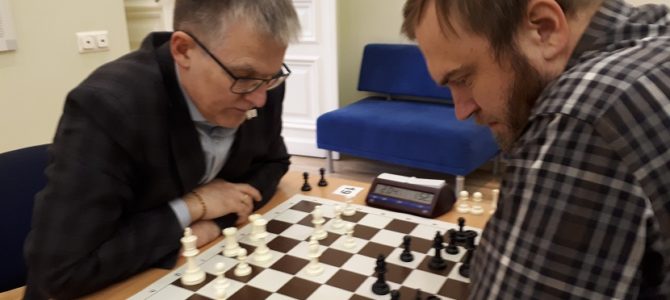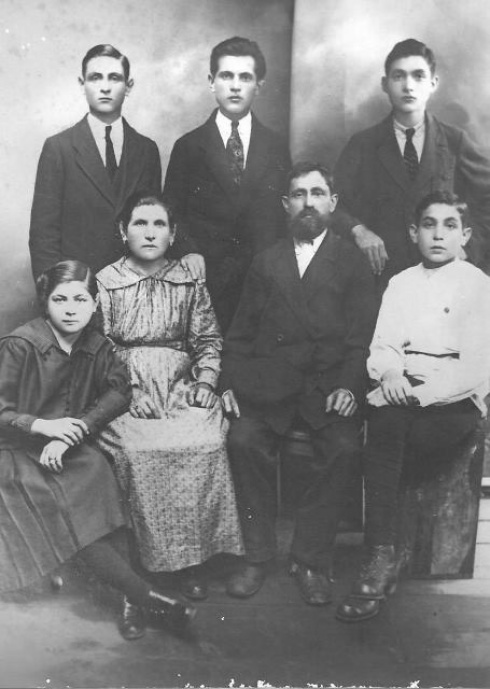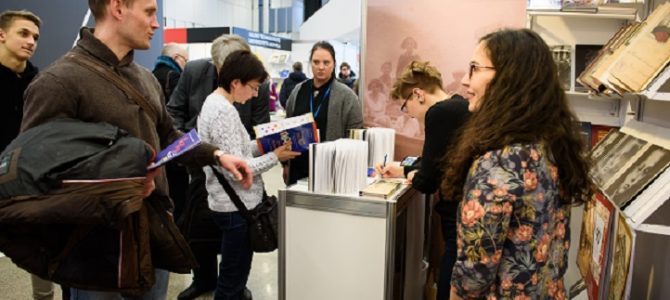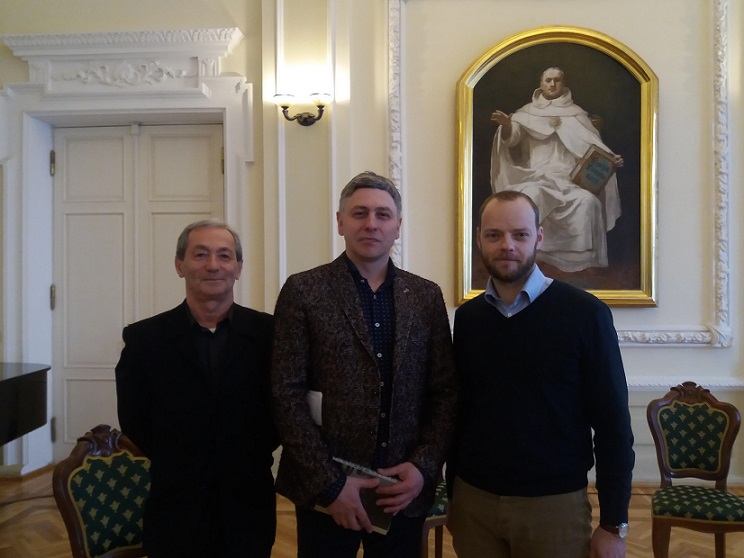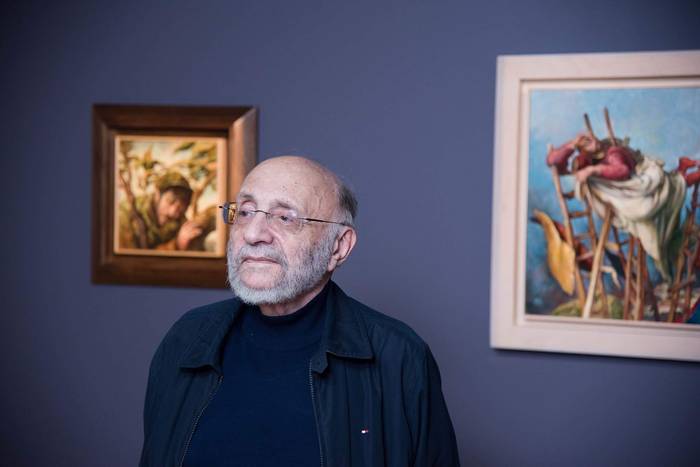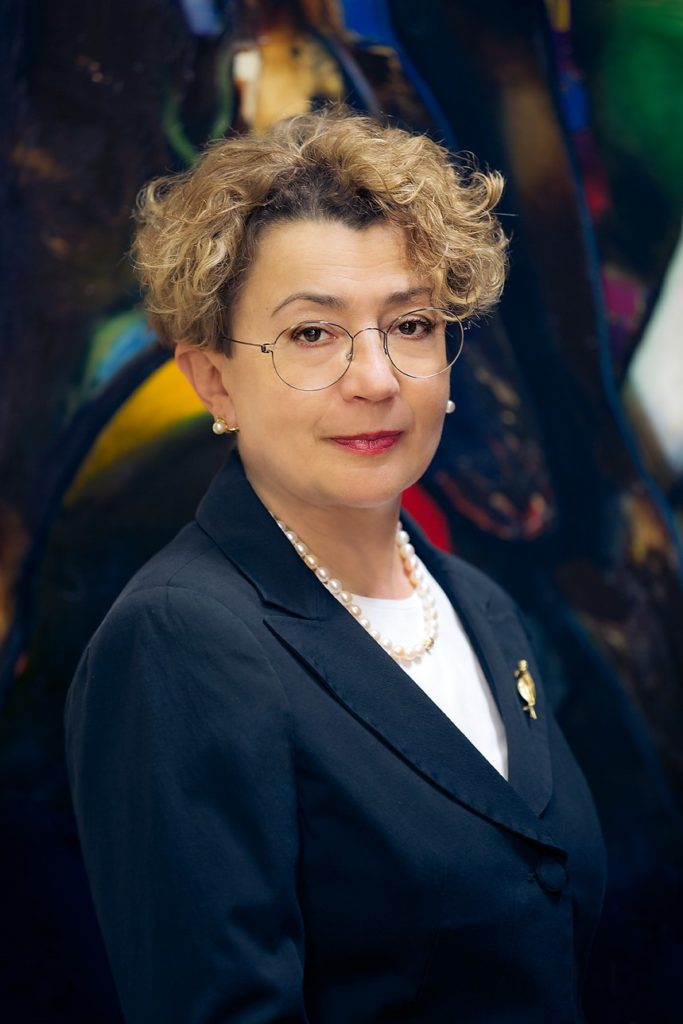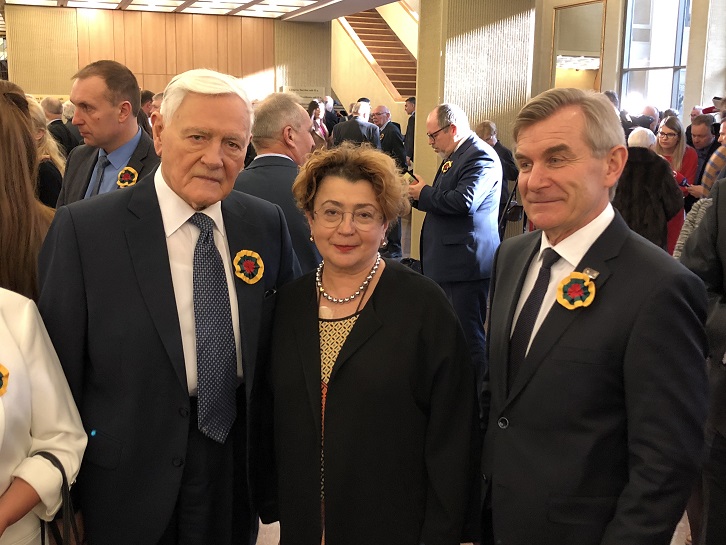Position of the Lithuanian Jewish Community
March 13, 2018
Today the parliament of the Republic of Lithuania is scheduled to consider announcing 2019 the Year of the Jews. What the Lithuanian Jewish Community thinks about this is apparently of interest only to members of the media, not the initiators of the Year of the Jews measure.
The writers of the measure have not consulted with the LJC, the largest Jewish organization in Lithuania, at any stage of their initiative, which compels us to question the contents of the proposed resolution and its sincerity. The laconic legislation contains nothing that doesn’t happen every other year, except for, one supposes, allocation of funding for a special commission or commissions. We hope if the measure is adopted it won’t turn into the formation of yet another commission which takes students on Holocaust “excursions” through mass graves during Sabbath.
With no prospect of learning the plans and intentions of the authors of the idea first-hand, this strange initiative looks like some sort of atavism of former times, as when Thursdays were fish day. On other days the people were not provided fish, but on the 100th anniversary of the founding of the Republic of Lithuania, is the issue of Jews really so uncomfortable and uninteresting? A whole slew of important dates for Lithuania and the Lithuanian Jewish Community are yet to come this year, including the 30th anniversary of the reestablishment of the Community; the 100th anniversary of the unification of Lithuanian Zionists, who supported Lithuanian statehood; the 75th anniversary of the liquidation of the Vilnius ghetto and the 115th anniversary of the founding of what is now Vilnius’s only working synagogue. We therefore call upon the authors of this Year of the Jews to begin that year this year, to celebrate 100th anniversary of the modern Lithuanian state together with the Lithuanian Jewish Community.
The Lithuanian Jewish Community esteems the progress of the state in solving issues topical for all of us, but political games using the Jews but not including the Jewish community are not an appropriate way to insure effective dialogue between ethnic Lithuanians and Jews.
Lithuanian Jewish Community
Pylimo g. 4
LT-01117 Vilnius
T:+370 5 261 3003
info@lzb.lt
www.lzb.lt
